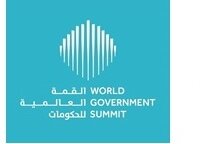Case Study
Potential for mapping the world’s land resources using satellites and artificial intelligence: an…
The Queensland Government is using machine learning and computer vision to automatically map and classify land use features in satellite imagery. Successfully applied to the mapping of banana plantations, the method is extremely efficient compared to current methods of mapping compilation. Using this technology the Queensland Government can accurately map and classify the land use in a timely manner, aiding response to biosecurity and natural disaster events.






